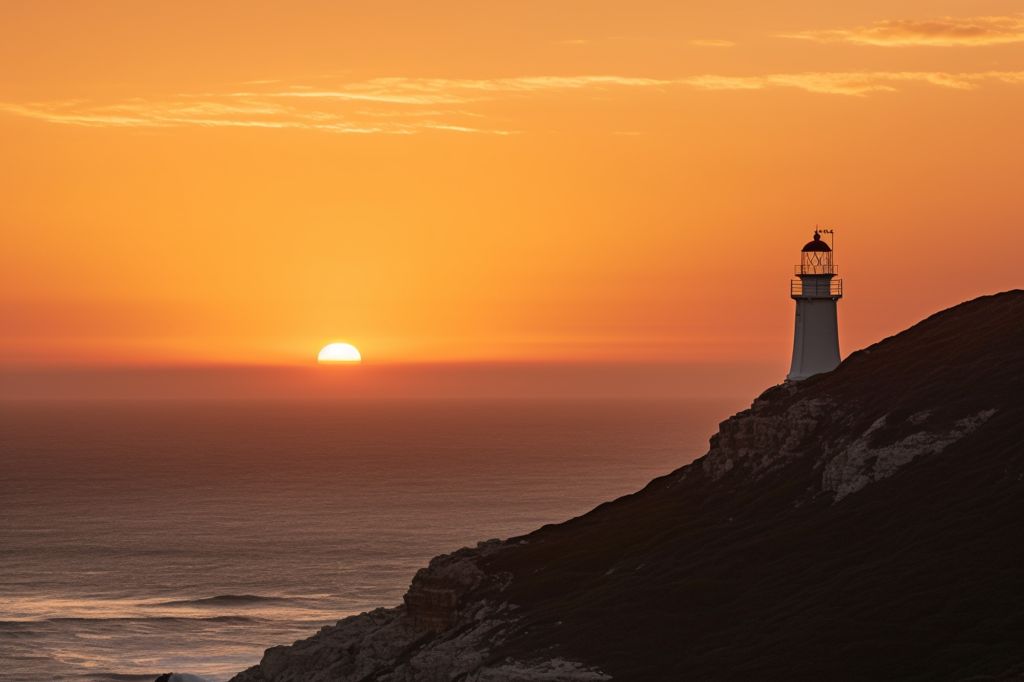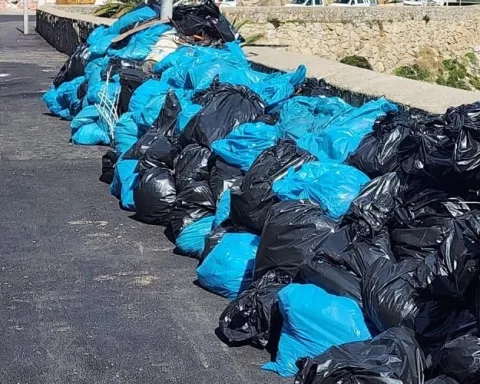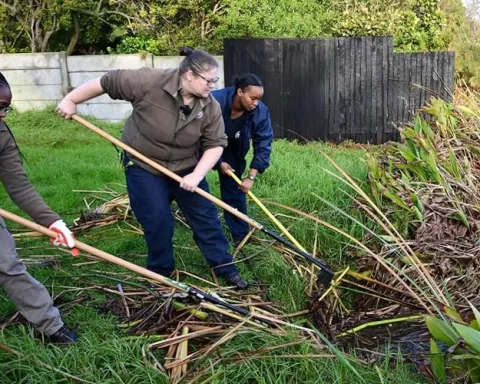The Western Cape Government has taken a significant step towards preserving its iconic coastline. The Coastal Management Programme for 2022-2027 was recently announced by Anton Bredell, Western Cape Minister of Local Government, Environmental Affairs and Development Planning. The Programme is considered an essential tool for integrating coastal management in the Western Cape and focuses on environmental conservation and socio-economic development.
Importance of the Coastal Landscape
The coastal landscape of the Western Cape is a vital part of its natural, cultural, and social heritage. The pristine shores and coastal ecosystems provide ecological and economic benefits for the province. However, the changing climate and resource depletion have become alarming threats to these coastal assets. To ensure the Western Cape’s coastal areas remain accessible, the Coastal Management Programme identifies nine priority areas.
Nine Priority Areas
The nine priority areas identified in the Coastal Management Programme are:
- Social and economic development.
- Partnership, cooperative governance, and local government support.
- Coastal access facilitation.
- Climate change, dynamic coastal processes, and planning for resilient communities.
- Land and marine-based sources of pollution and waste.
- Natural and cultural resource management.
- Estuarine management.
- Capacity building, advocacy, and education.
- Compliance, monitoring, and enforcement.
Collaborative Effort
Minister Bredell emphasized collaboration between government, the private sector, and communities as the key to the Coastal Management Programme’s success. Stakeholders’ participation is crucial to achieving the Programme’s objectives, and Minister Bredell thanked them for their commitment to preserving the Western Cape’s coastal resources.
Implementation of the Programme
Developed under section 46(3) of the National Environmental Management: Integrated Coastal Management Act, 2008, the Coastal Management Programme will be implemented in partnership with relevant government agencies, coastal stakeholders, and communities.
A Source of Pride and Economic Driver
The Western Cape’s picturesque coastline is not only a source of pride for its residents but also a significant economic driver for the region. The Coastal Management Programme aims to ensure that future generations can continue to appreciate and enjoy the rich social, cultural, and natural heritage of the Western Cape.
Comprehensive Strategy
The Coastal Management Programme seeks to balance social and economic development with environmental conservation. By tackling land and marine-based pollution sources, managing estuarine habitats, and fostering resilient communities, the Western Cape Government aims to mitigate the negative impacts of climate change and resource depletion on coastal ecosystems and infrastructure.
Capacity Building and Enforcement
The Programme emphasizes capacity building, advocacy, and education, ensuring that stakeholders across government, the private sector, and coastal communities are well-equipped to contribute to coastal management efforts. Compliance, monitoring, and enforcement are also essential components of the Programme, ensuring that all parties adhere to established guidelines and standards.
The Western Cape Coastal Management Programme demonstrates a dedicated commitment to preserving the region’s unique coastal heritage while promoting sustainable growth and development. The Programme fosters collaboration between government agencies, the private sector, and coastal communities, aiming to secure a brighter and more resilient future for the Western Cape coastline.












